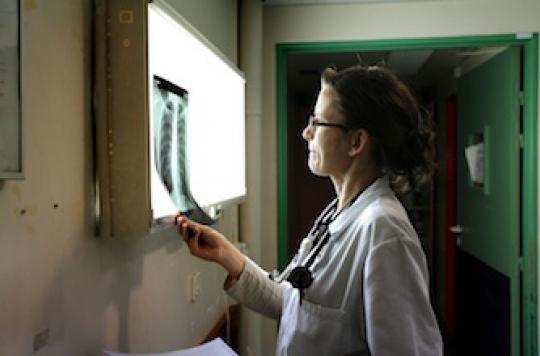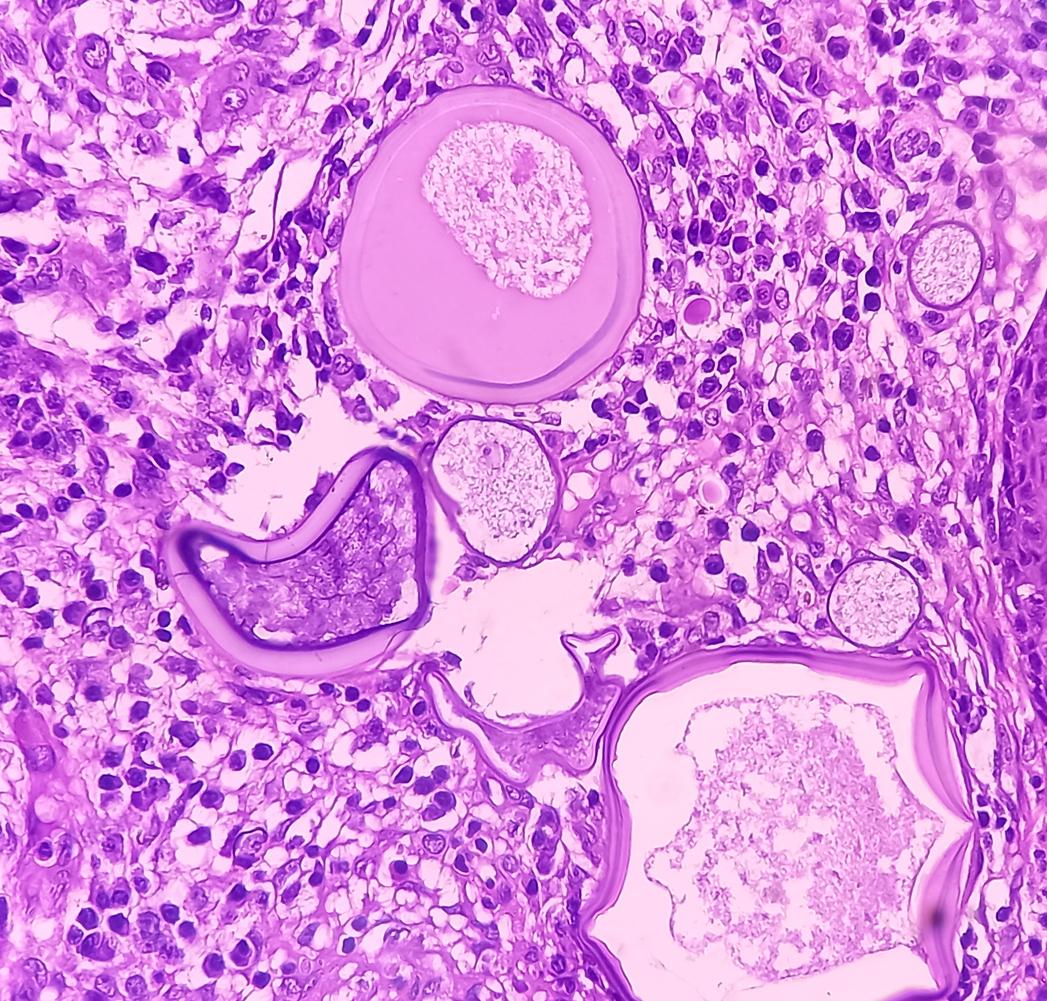French researchers have discovered a new way to assess the virulence of tumors. A new concept that could provide patients with more personalized care.

A new way of understanding cancer and especially of predicting the virulence of tumors has just been developed by a team of scientists from the Albert-Bonniot Institute in Grenoble, bringing together researchers from CNRS, Inserm and Joseph-Fourier University. In their work published in Translational Medicine Sciences, these researchers have succeeded in showing that in almost all cancers, several dozen genes, in particular those specific to the production of spermatozoa or the placenta, are activated abnormally, whereas they are as “asleep” when the same tissue or organ is healthy.
In other words, they highlighted a sort of “identity crisis” of cancer cells in the organs or tissues in which a tumor develops. In order to understand the significance of these aberrant activations of certain genes within tumors, the team was particularly interested in lung cancer. They studied the tumors of nearly 300 patients who had been operated on at the Grenoble University Hospital. They then looked at which genes were abnormally expressed there, while correlating that data with the valuable follow-up information kept on those same patients. Thanks to this, they succeeded in identifying a series of genes which, when expressed in an aberrant way, allow the aggressiveness of the cancer to be determined with great precision.
Listen to Prof. Christian Brambilla, pulmonologist at Grenoble University Hospital and co-author of the study : “We have discovered 26 genes whose activation is associated with lung cancers with a very poor prognosis. “
Within a few years, this discovery could make it possible to predict, at the time of a patient’s cancer diagnosis, whether his lung or breast disease is at high risk of relapse or even at high risk of leading to an outcome. fatal. “We realized that even for the very small lung tumors that had been operated on early, when they included this molecular signature, with the 26 genes turned on, on our survival curves, these patients had nevertheless had a Very bad prognosis, adds Professor Christian Brambilla. When we put this into practice in several years, we will be able to make much more precise diagnoses. Tell someone, you have cancer of course, but rest assured, it has a good prognosis or the reverse. “
Another avenue of research, this new method could help to apprehend more precisely the possible relapses. And why not anticipate them. Particularly in patients who have already been operated on for a 1er cancer through a simple blood test. “In lung cancer, since genes in the testes and placenta are expressed abnormally, they are likely to secrete antibodies circulating in the blood. Suddenly, with a blood test, we could set up an early diagnosis system in people at high risk, especially in heavy smokers, ”explains Christian Brambilla.
Listen to Prof. Christian Brambilla : “When we know the deregulations of genes, it is easier to find ways to block them, either through drugs or through immunotherapy techniques. “
These French researchers are continuing their work, in particular to try to explain the relationship between the abnormal expression of these genes and the virulence of cancer. Even if they focused on the analysis of lung tumors, they confirm that it is possible to extend their approach to almost any type of cancer.
This discovery is part of the development of targeted cancer therapy strategies.
.

















